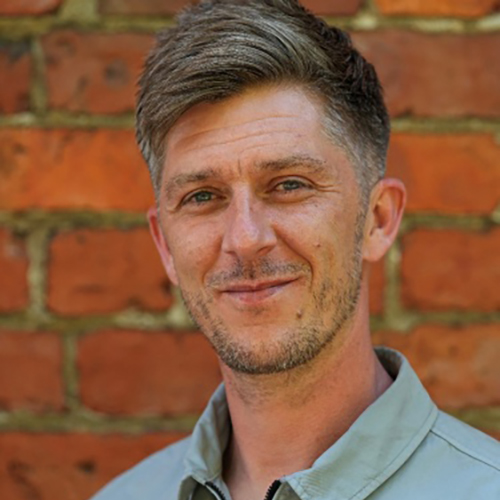Ricky Newton, Co-CEO Working for Health

If you’d told me back when I first took my 6-year-old lad to a training session for Costello Under 7s that I’d walk away with the bag of balls, cones, and a first aid kit – let alone still be coaching and mentoring most of the same lads as they step into Under 18s, I’d have laughed and probably said, “We’ll see how long they stick with me.” But here we are, more than a decade later, and what a journey it’s been.
For me, coaching has never just been about football. It’s always been about life. From the start, I focused on the fundamentals that a 6-year-old really needs – encouragement, stability, routine, and above all, someone in their corner. I’ve always talked to the players about the bigger picture: routines, attitudes, behaviours, and the importance of sleep, nutrition, and exercise. The game itself is just the stage – what really matters is the hard work, sacrifice, and perseverance they show both on and off the pitch.
As teenage life kicked in, things naturally got more challenging, but those principles never changed. I wanted the players to feel like they had a voice of reason in me, someone who could give them not just drills and tactics but life skills that would serve them long after they stopped pulling on a Costello shirt. That’s why we extended training beyond the pitch—making use of the gym, running classroom sessions for tactical and technical learning, and having open conversations that encouraged genuine peer-to-peer support. Sometimes, all it took was active listening to spark the growth they needed.
And the results speak for themselves. Now train and play on a brilliant 4G surface, this group of players pushed right to the end – finishing runners-up by just a single point. That achievement wasn’t down to luck. It came from years of consistency, belief, and the key messages we’ve built our team around. Football has been the vehicle, but the real win is knowing these young people are taking the lessons of resilience, teamwork, and self-belief into every part of their lives.
Why It Matters to Me
A big part of why I’ve committed so much to mentoring through football comes from my own story. I was brought up single-handedly on a run-down housing estate where drugs and crime were the norm. Positive male role models were scarce. One of the few was my football coach, who probably helped me more than he’ll ever know. That stayed with me, and it’s a big reason why I give so much back to the game and to the lads I work with—it’s about being the role model I wished I’d had more of.
That personal experience, combined with my work in vocational rehabilitation and mental health, has shaped the way I coach. It’s not just about improving performance but about unlocking potential, building confidence, and showing that with the right guidance and mindset, young people can navigate challenges and thrive.
Beyond Football
The philosophy I’ve built on the pitch feeds directly into the other areas of my life—supporting learners, mentoring young people through education, and coaching individuals through barriers to employment. The principles are the same: encourage, listen, challenge, support, and believe in people until they believe in themselves.
Seeing my football team’s growth run parallel to moments like my players achieving brilliant GCSE results reminds me that whether it’s sport, education, or work—the essence of mentoring doesn’t change. It’s about showing up, setting standards, and helping others find their way forward.
And for me, that’s the true win.



